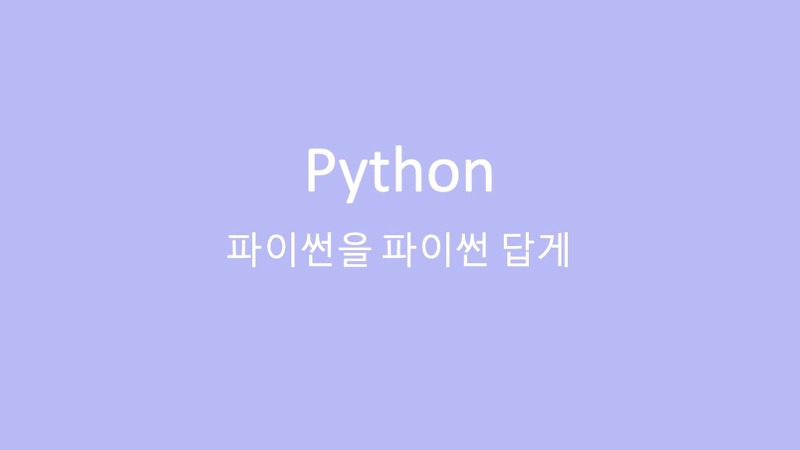
On.
문자열
1) 문자열 연산
1. 문자열 더하기
head = "Python" tail = " is fun!" >> head + tail 'Python is fun!'2. 문자열 곱하기
s = "python" >> s * 2 'pythonpython'
2) 문자열 인덱싱과 슬라이싱
1. 인덱싱
s = "leejaewon" >> s[0] l2. 슬라이싱
s = "leejaewon" >> s[0:3] lee
3) 문자열 관련 함수
2. 문자열 길이 세기(len)
a = "hobby" >> len(a) 5
2. 문자 개수 세기(count)
a = "hobby" >> a.count('b') 2
3. 위치 알려주기1(find)
- 문자열 중 문자 b가 처음으로 나온 위치를 반환한다. 만약 찾는 문자나 문자열이 존재하지 않는다면 -1을 반환한다.
a = "Python is the best choice" >> a.find('b') 14 >> a.find('k') -1
4. 위치 알려주기2(index)
- 문자열 중 문자 t가 맨 처음으로 나온 위치를 반환한다.
- 만약 찾는 문자나 문자열이 존재하지 않는다면 오류를 발생시킨다.
a = "Life is too short" >> a.index('t') 8 >> a.index('k') Traceback (most recent call last): File "<stdin>", line 1, in <module> ValueError: substring not found
5. 문자열 삽입(join)
- abcd 문자열의 각각의 문자 사이에 ','를 삽입한다.
>> ",".join('abcd') 'a,b,c,d'
6. 소문자를 대문자로 바꾸기(upper)
a = "hi" >> a.upper() 'HI'
7. 대문자를 소문자로 바꾸기(lower)
a = "HI" >> a.lower() 'hi'
8. 왼쪽 공백 지우기(lstrip)
a = " hi " >> a.lstrip() 'hi '
9. 오른쪽 공백 지우기(rstrip)
a = " hi " >> a.rstrip() ' hi'
10. 양쪽 공백 지우기(strip)
a = " hi " >> a.strip() 'hi'
11. 문자열 바꾸기(replace)
a = "Life is too short" >> a.replace("Life", "Your leg") 'Your leg is too short'
12. 문자열 나누기(split)
a = "Life is too short" >> a.split() ['Life', 'is', 'too', 'short'] b = "a:b:c:d" >> b.split(':') ['a', 'b', 'c', 'd']
